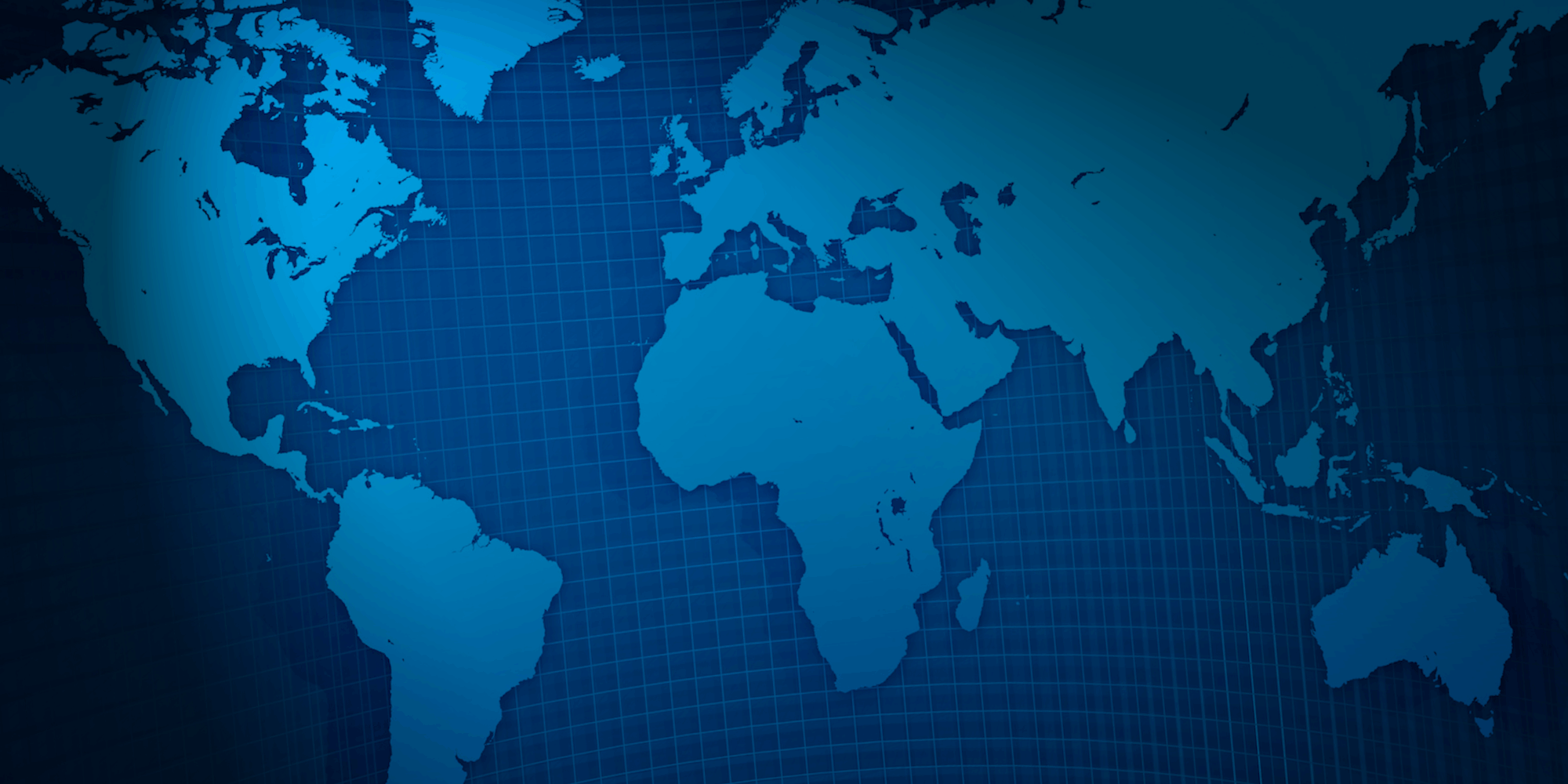Introduction
The Internet Society Foundation supports organizations around the world to create an Internet for Everyone – by enabling access and digital skills for communities in need, by funding research into critical issues around the future of the Internet, and by supporting the delivery of Internet-based solutions to challenges that face people around the world.
We currently support grantees in 90 countries across 6 continents, and awarded USD $18,388,172 in funding in 2023.
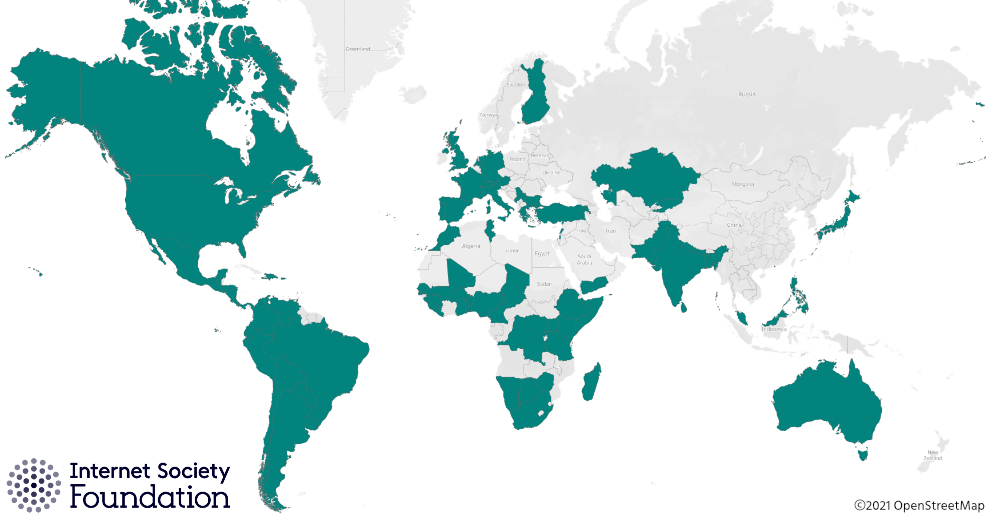
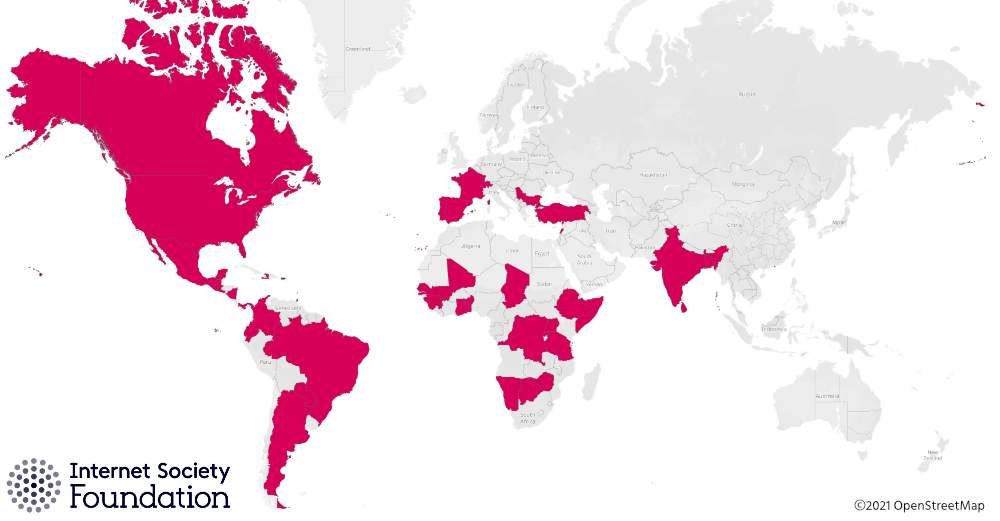
Countries the Internet Society Foundation has funded projects since 2015.
Click to highlight the countries with active projects throughout 2020
Meet a selection of our grantees
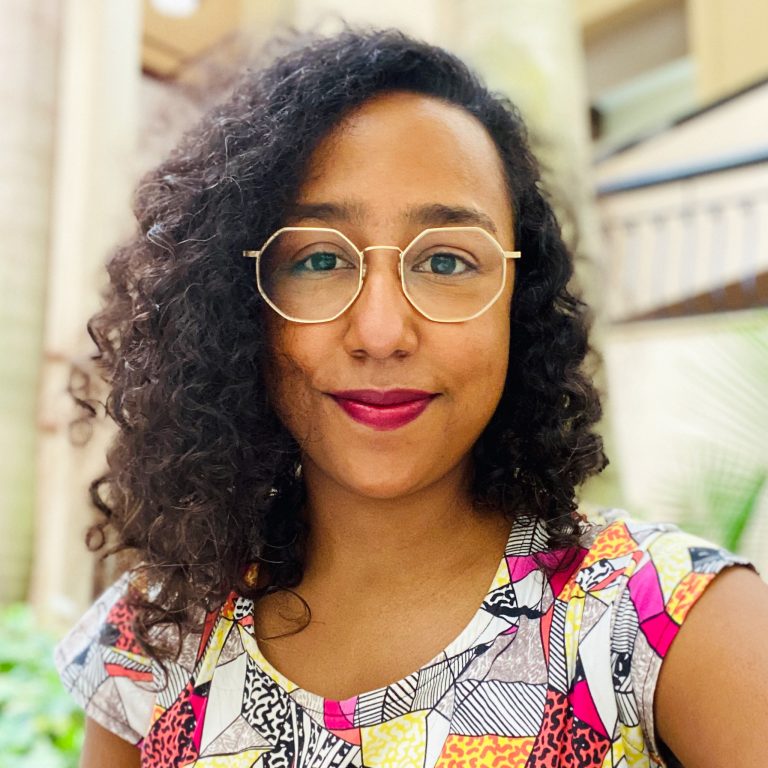
Neema Iyer
Neema Iyer is an artist and a technologist. She is the founder of Pollicy, an award-winning feminist civic technology collective based in Kampala, Uganda. Pollicy uses data, design and technology to explore the impact of emerging technology on society and vice-versa. Neema currently leads the design of a number of projects focused on building data skills, on fostering conversations on data governance and digital security, and on innovating around technology policy.
She is a 2021 awardee of our Research grant program and is part of a team investigating the role that language plays in promoting digital inclusion. (Watch this lightning talk to learn more about their research).

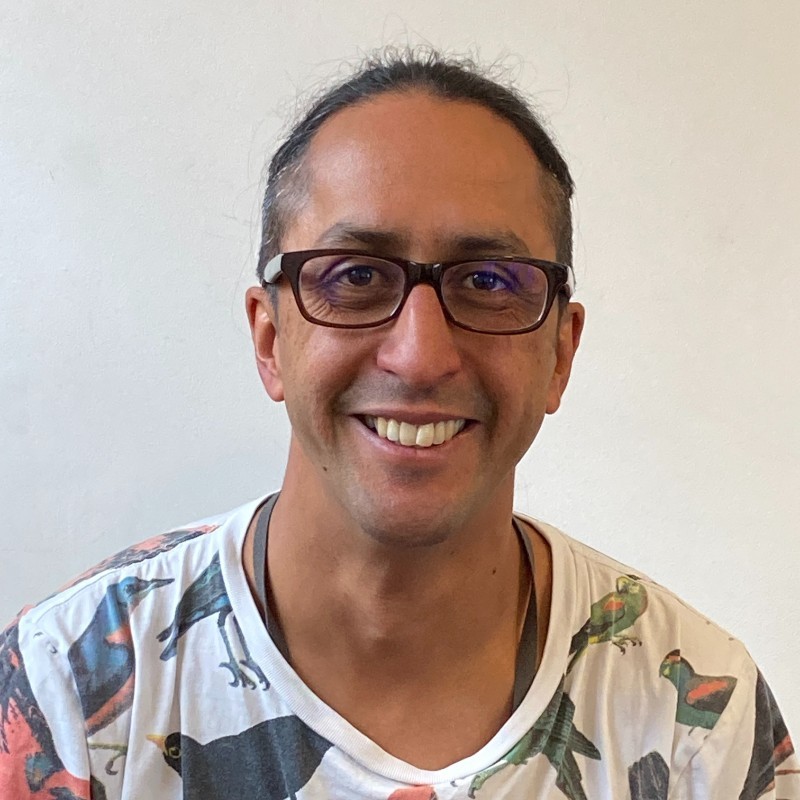
Sanjay Fernandes
Sanjay is the founder and director of SOLE Colombia Foundation, whose purpose is to transform the future of learning in Colombia. SOLE is a disruptive education methodology that empowers communities to develop autonomy, collaboration, deep learning, and most important of all, to solve real-life problems.
Since 2014, the SOLE methodology has been scaled up to reach over 450,000 people of all ages in more than 800 schools, 1,500 public libraries and hundreds of public spaces with connectivity; in collaboration with the government, private companies, the social sector and citizens. His work earned him a nomination for the 2017 Best Leaders of Colombia Award from the Leadership and Democracy Foundation, Semana Magazine and Telefónica. Sanjay and his colleagues are 2021 awardees of our BOLT grant program.

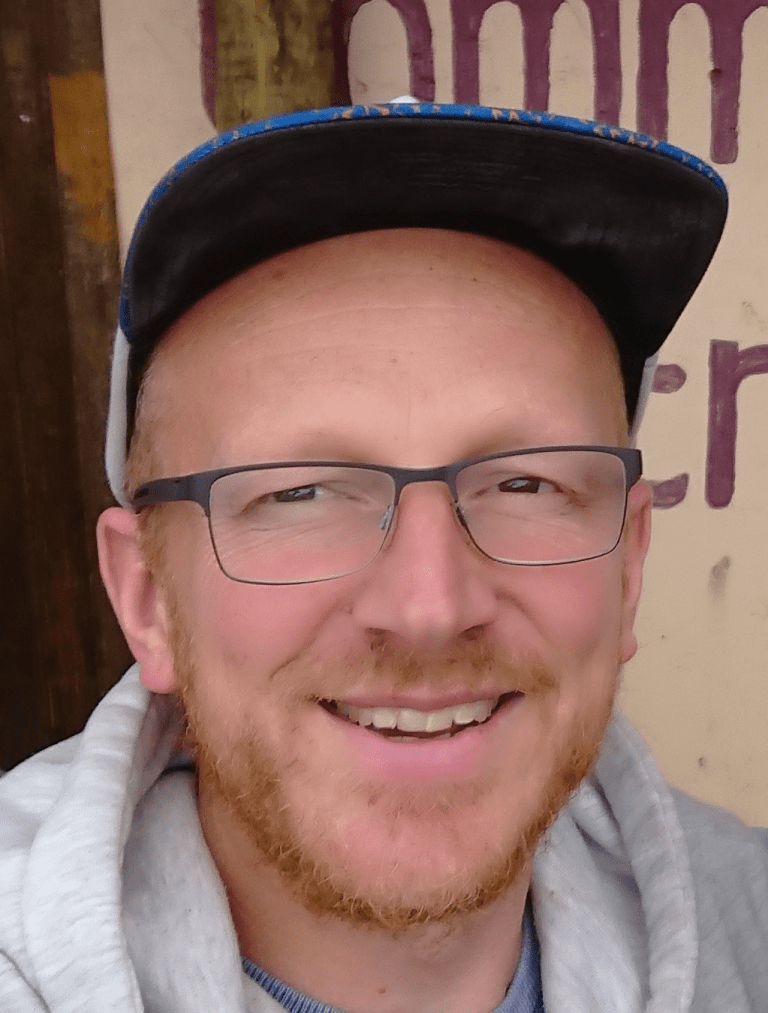
Dr David Johnson
Dr David Johnson (PhD) is a telecommunications consultant and adjunct senior lecturer in the Computer Science Department at the University of Cape Town specialising in distributed networking and community network access models. In 2018 he started iNethi, a non-profit company that is building a platform that provides local network services and content for communities that lack reliable or affordable Internet access.
He has led a number of connectivity projects in the area of small cell, mesh technology, blockchain and edge-hosted services in Zambia and South Africa.
He is a 2021 awardee of our Research grant program and is part of a team investigating the question: Can decentralized blockchain-based economic systems incentivize vulnerable communities to create and grow their own networking infrastructure, services, and content?

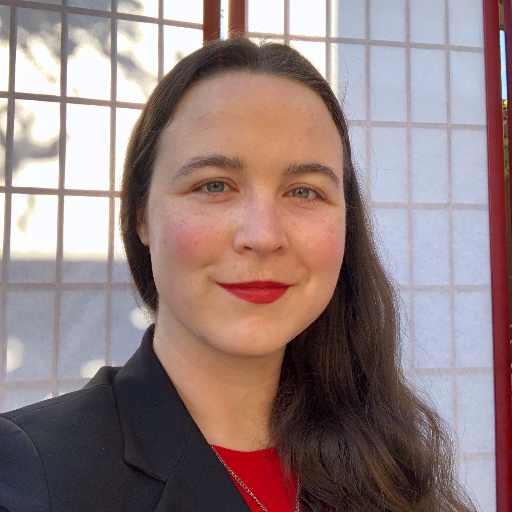
Jessica Dickinson Goodman
Jessica Dickinson Goodman bridges the worlds of technology and government, bringing the best of both to what she does. Her first job out of college was running national online communications in Washington DC for the largest anti-human trafficking NGO serving survivors of all forms of trafficking. She is currently the Social Justice and Tech Facilitator for Foothill College in the heart of Silicon Valley. She is also President of the Internet Society’s U.S San Francisco Bay Chapter, who through her efforts were awarded a 2020 Beyond the Net grant to improve Internet access for 9,000 Native American tribal nation members in California by supporting Matthew Rantanen's work as Director of Technology for the Southern California Tribal Chairman's Association.

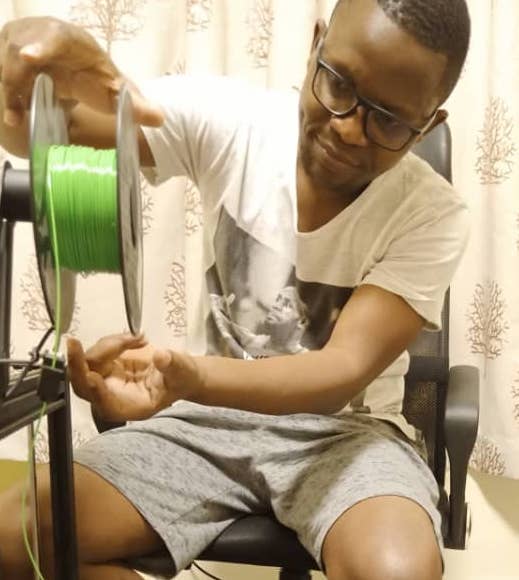
Chomora Mikeka
Associate Professor Chomora Mikeka is the Director of Science, Technology and Innovation (DSTI) in the Ministry of Education of Malawi Government, and former Dean of the Faculty of Science at the University of Malawi. As a child, his curiosity about the voices from unseen beings in his father’s radio led him to break the radio in search of the voices, sparking a lifelong interest in Science and Engineering. His PhD research was about power autonomous sensor radio based on cellular and digital TV RF energy harvesting. He is a 2021 awardee of our Research Grant Program and is leading a study that aims to “green” the way garbage is collected in cities.

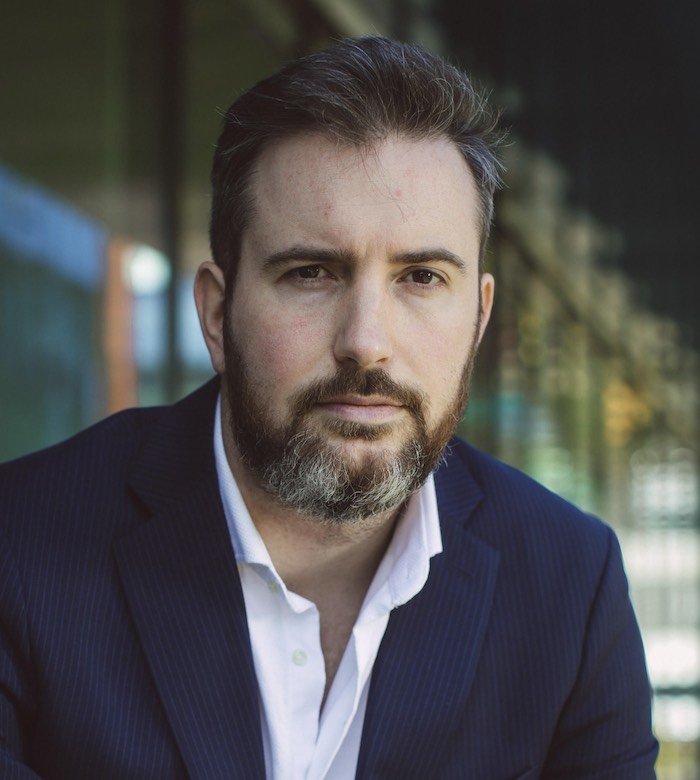
Adam Marlatt
Adam Marlatt has been serving as Help.NGO’s Operations Director since 2010 leading ground operations in L3 emergencies across 6 continents. Adam leads the organizations Disaster Immediate Response Team into the immediate aftermath of crises providing technical solutions, emergency connectivity, medical assistance, and coordination support. He’s a White House Author and in 2013 received the Champions of Change award from President Obama for the use of innovation and technology in disaster response.
Prior to engagement in the Humanitarian Sector Adam served as an Infantry Platoon Sergeant in the United States Marines Corps over 8 years.
He is a 2020 and 2021 awardee of the Internet Society Foundation’s Emergency Response: COVID-19 grant program.

Explore the projects
Our Beyond the Net Program offers funding to support Internet Society Chapters and Special Interest Groups (SIGs) in implementing projects that make a local impact by providing meaningful access to an open, trusted, and globally-connected Internet.
| Grantee | Location | Grant Amount | Project Description |
|---|---|---|---|
| Internet Society El Salvador Chapter | El Salvador | $28,881 | Five projects building community networks in remote areas around the world, connecting communities to basic services including education, job training, and financial services; and providing them with training and ongoing support. |
| Internet Society Colombia Chapter | Colombia | $30,000 | |
| Internet Society Democratic Republic of Congo Chapter | Democratic Republic of Congo | $29,118 | |
| Internet Society U.S San Francisco Bay Chapter | San Francisco | $30,000 | |
| Internet Society Saint Vincent and Grenadines Chapter | Saint Vincent and Grenadines | $30,000 | |
| Internet Society Tanzania Chapter | Tanzania | $30,000 | Creating Public Internet and Innovation Hubs (PIIHs) |
| Internet Society Greater Washington D.C Chapter | Washington D.C | $30,000 | Expanding existing library infrastructure through WIFI access in neighbourhood library access stations |
| Internet Society Guinea Chapter | Guinea | $30,000 | Establishing a training center to help strengthen the local Internet community’s technical skills |
| Internet Society Sierra Leone Chapter | Sierra Leone | $3500 | Launching a pilot project of a survey to measure the level of Internet access available
|
| Internet Society Haiti Chapter | Haiti | $29,900 | Creating a benchmark report on the state of Internet access
|
| Internet Society Cameroon Chapter | Cameroon | $30,000 | Conducting a survey measuring the quality of service provided by different Internet operators
|
| Internet Society UK England Chapter | United Kingdom | $24,700 | Ensuring the ongoing survival of the IPv6 Matrix Project, safeguarding the project’s data security and the ongoing tracking of IPv6 use globally.
|
| Internet Society Brazil Chapter | Brazil | $17,730 | Promoting the importance of strong encryption to public safety
|
| Internet Society Zimbabwe Chapter | Zimbabwe | $30,000 | Conducting community trainings that promote responsible and productive engagement in life online as digital citizens
|
| Internet Society Benin Chapter | Benin | $29,800 | Promoting a more secure Internet by raising awareness around the importance of online privacy and laying the foundation to create an operational network operator’s group (NOG).
|
| Internet Society Serbia Chapter | Serbia | $25,750 | Empowering citizens to mobilize and advocate for cleaner air by expanding a network of sensors that measure real time air pollution in 6 locations across the country.
|
| Internet Society Somalia Chapter | Somalia | $30,000 | Launching an IoT-enabled Aquaponics projects to increase community awareness on how IoT solutions can help create self-sufficiency in food production.
|
Our Research Program supports global research collaborations that advance understanding of the Internet and its value for all.
All Research grants run for up to 24 months.
| Grantee | Location | Grant Amount | Project Description |
|---|---|---|---|
| Data & Society Research Institute | US | $200,000
|
Research Question: What types of evidence are platforms requesting from users as they verify their identities, their property, or their content?
|
| Jens Finkhaeuser | Germany | $100,000 | Research Question: How can we establish an alternative web-scale architecture that embraces REST’s strengths, yet addresses its current drawbacks around privacy and security?
|
| Joanna Kulesza and Berna Akcali Gur
|
Poland | $192,000 | Research Question: What are the potential ‘data/digital sovereignty’ and jurisdictional challenges to the integration of Low Earth Orbit (LEO) satellite constellations onto the (5G) telecommunications network? |
| ME2B Alliance
How is mandated technology treating our most vulnerable (young students)?
|
US | $100, 171.46 | Research Question:
How is mandated technology treating our most vulnerable (young students)?
|
| Pollicy
|
Uganda | $199,421.25 | Research Question:
How do the predominant languages that digital platforms use impact the usability and accessibility of digital platforms and content? |
| Uppsala University
|
Sweden | $194,791.00 | Research Questions:
How does the traffic volume and energy requirement of Internet services support what people do in everyday life? Conversely, what kinds of traffic are difficult to tie to any value or meaning, and thus might be wasteful?
|
| Environmental Law Institute | USA | $200,000 | Research Question: How can we identify high-value, high-impact research on the energy and environmental impacts of the digital economy?
|
| The Centre for Internet and Society | India | $200,000 | Research Question: How are digital platforms broadly, and digital labour platforms specifically, occupying and performing their roles as intermediaries and infrastructure in the global south?
|
| Chomora Mikeka (independent researcher) | Malawi | $57,017 | Research Question: Can IoT Sensors used for Smart Garbage Collection in Smart Cities be Green Powered?
|
| World Data Lab | Austria | $193,660 | Research Question: Which economic and demographic factors contribute to global Internet access in the future?
|
| World Wide Web Foundation | USA | $199,974 | Research Question: What is the economic impact of not having women participate in digital economies due to the digital gender gap?
|
| Digital Rights Watch | Australia | $187,299 | Research Question: How can we rebalance bargaining power between local actors and international Internet players?
|
| Oregon Networking Research Group at the University of Oregon | US | $199,861 | Research Question: What is the overall resilience of Internet infrastructures to climate change-induced multi-hazard risks?
|
| The Green Web Foundation | Netherlands | $200,000 | Research Question: How do we advance climate justice in the practice of Internet professionals in a plausible, desirable, accessible, and coherent way?
|
| David Johnson and Senka Hadzic | South Africa | $98,470 | Research Question: Can decentralized blockchain-based economic systems incentivize vulnerable communities to create and grow their own networking infrastructure, services, and content? (In collaboration with GrassRoots Economics) |
| Center for Advanced Research in Global Communication and ISOC Zimbabwe Chapter | USA & Zimbabwe | $199,983 | Research Questions: 1. Who/what is wasted in the process of “greening” the internet? 2. Greening for whom and at whose expense? Who benefits? To what impacts? |
The Resiliency and Responding to Emergencies (RARE) grant program accelerates efforts to help communities enhance preparedness and build Internet resiliency when faced with adverse events such as national disasters.
The program consists of two components: Emergency Response (which launched in 2020), and Resiliency (launching in the second half of 2021).
All Emergency Response grants shown below run for up to 12 months.
| Grantee | Location | Grant Amount | Project Description |
|---|---|---|---|
| HELP.NGO | Various | $500,000 | Expand Internet connectivity for public health and emergency response facilities who are responding to the COVID-19 pandemic. |
| OneSky | Vietnam | $432,147 | Expand an online platform which connects caregivers across Asia and support them in providing high-quality care to the vulnerable young children in their communities. |
| United Way Netherlands | Netherlands | $250,000 | Use technology as a tool to address mental health issues that have been intensified by the COVID-19 pandemic. |
| Syracuse University | Costa Rica | $416,664 | Implement the Internet Backpack as a solution to enhance Internet access in Costa Rica. |
| People Centered Internet (PCI) | North America | $332,366 | Address the digital divide that persists in Native American communities across North America. |
The Strengthening Communities/Improving Lives and Livelihoods (SCILLS) grant program aims to expand economic growth and increase educational opportunities by supporting individuals and communities to more knowledgeably and skillfully use and benefit from the Internet.
All SCILLS grants run for up to 24 months.
| Grantee | Location | Grant Amount | Project Description |
|---|---|---|---|
| Association Jeunesse Espoir | Senegal | $149,758 | Support young farmers in gaining digital literacy skills, enabling them to make the most use of technology to improve their agricultural productivity. ($149,758) |
| Simplon Foundation | Senegal | $95,375.00 | Train 420 young people in basic digital skills, helping to improve their employment and entrepreneurial prospects. |
| Foundation for Learning Equality (in partnership with Agami) | Bangladesh | $149,116 | Support teaching and learning in Bangladesh through an innovative and low-cost open source learning platform. |
| Christian Aid
|
Bangladesh | $149,994.00 | Deliver training and mentorship for aspiring women entrepreneurs, helping them to grow their own businesses and achieve economic independence. |
| Sesame Workshop | Bangladesh | $149,915.00 | Provide a safe Internet environment for young children by increasing access to and awareness of safe online Internet spaces |
| Corporación Enseña por Colombia | Colombia | $149,983 | Deliver Internet-centered interventions that strengthen the education ecosystem, including training teachers in digital literacy and introducing a media literacy curriculum.
|
| Caring for Colombia | Colombia | $145,442
|
Provide a hybrid Internet-based education and income-generation program for Venezuelan migrants and host communities. |
| Fundación Tiempo de Juego | Colombia | $98,630 | Facilitate job opportunities for young people who have historically been excluded from the labor market through training in technology, use of the Internet, and 21st century skills |
| Fundacion Capital | Colombia | $149,930 | Promote the resilience of 500 female micro-entrepreneurs, through digital trainings and personal coaching sessions. |
| Makaia | Colombia | $144,977 | Close the IT Gender gap and build IT and programing skills among 165 NEET (Not in Education, Employment, or Training) youth in rural areas. |
| HIAS Inc. | Colombia | $145,000 | Provide 50 vulnerable Venezuelan women and LGBTIQ+ people with opportunities to build their entrepreneurship skills and generate income to help their families meet their basic needs. |
| Croissance TIC Dakar | Senegal | $149,356 | Build entrepreneurial skills together with digital competency to 30 early stage and growth-oriented entrepreneurs, with facilitation of access to finance and a focus on female participants (30%) |
| Synergie pour L’Éducation au Numérique et aux Médias | Senegal | $50,000 | Train teachers on how to leverage the Internet to improve their teaching and support students to build ICT skills through in-school “tech clubs” and inter-collegial hackathons. |
| Paradigm Initiative | Senegal | $149,904 | Equip young people living in under-served communities with demand-driven digital literacy and entrepreneurship skills and connect them to internships, online work or entrepreneurial ventures with a high possibility of earning a sustainable income.
|
| Practical Action | Bangladesh | $149,994 | Provide entrepreneurship training, access to an online marketing platform and financing to 2,000 women weavers and 20,000 jute farmers in Northwest Bangladesh |
| Teach for Bangladesh | Bangladesh | $146,318 | Promote the use of mobile Internet for learning in Bangladesh, building knowledge, skills, and behaviors of 3000 marginalized children, 100 teachers, and 8000 parents conducive for online learning. |
| BRAC USA | Bangladesh | $149,979 | Support Makerspaces across Bangladesh in their work to empower communities by driving local innovation, creating sustainable economic opportunities, and meeting the demand for scarce resources |
The BOLT program supports teams of innovators working to expand the possibility of Internet connectivity and access globally through the development of prototypes and pilots.
Grants of USD$200,000 will be awarded for 12-month projects.
| Grantee | Location | Grant Amount | Project Description |
|---|---|---|---|
| Digital Empowerment
Foundation |
India | $200,000 | Extend Internet access for the tea tribe community (Adivasi) in India’s Assam State, who face one of the lowest levels of access and digital coverage in the country. |
| Digital Harbor Foundation Inc. | US | $200,000 | Deliver free, high-speed Internet service to low-income residents in Baltimore City, Maryland (US), where roughly 41% of residents lack home Internet connections. |
| Fundación SOLE Colombia | Colombia | $200,000 | Create the SOLE lab, an open-source futuristic library that will provide Internet for the Wayuu indigenous community in Colombia. |
| Research and Education Network for Uganda (RENU)
|
Uganda | $200,000 | Extend “eduroam”, a free global Wi-Fi roaming service for the research and education community. community in Uganda. |
If you're working on any of the themes we fund, you can read the details behind our grant programmes in more detail:

